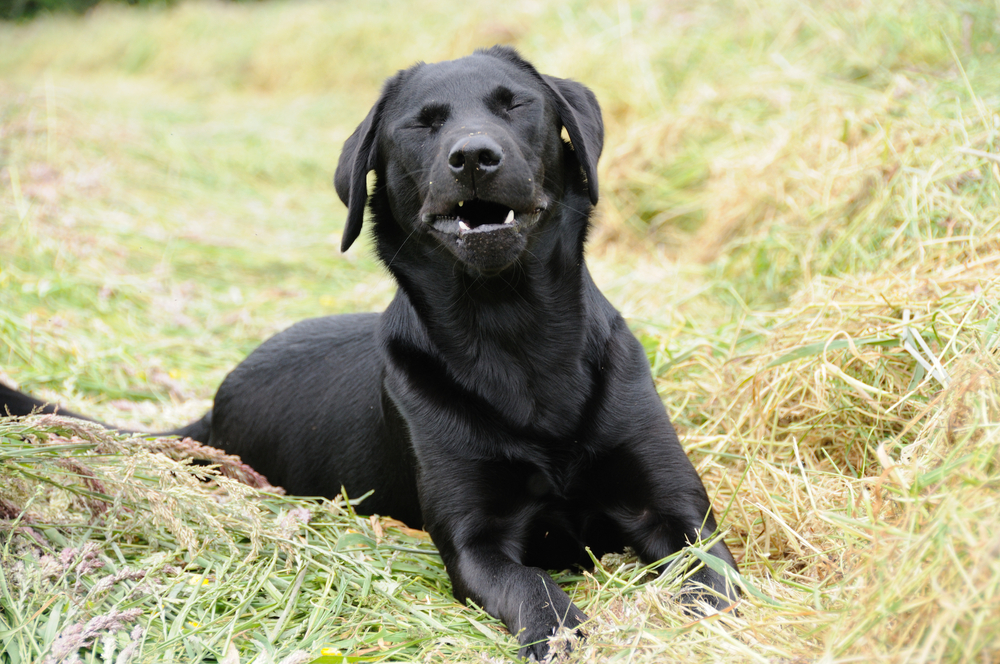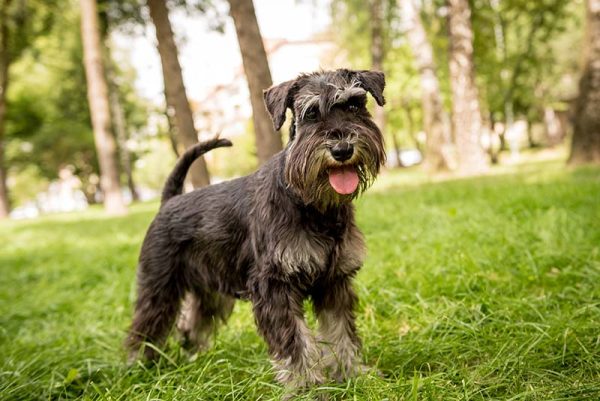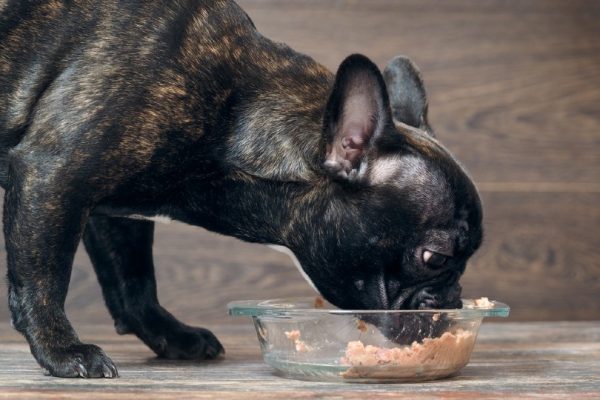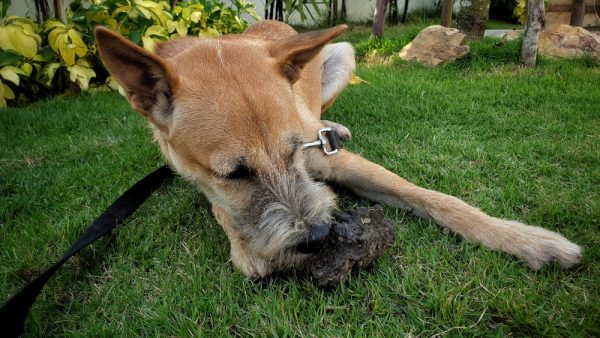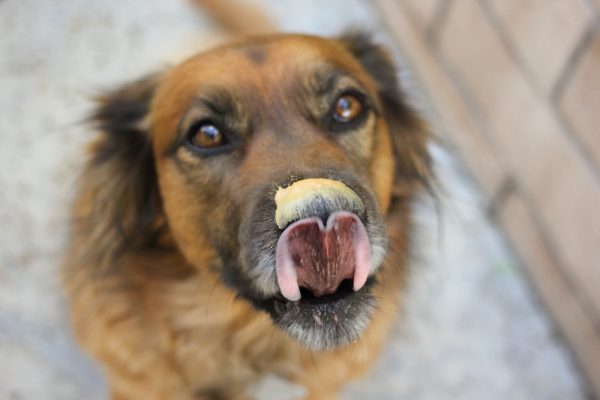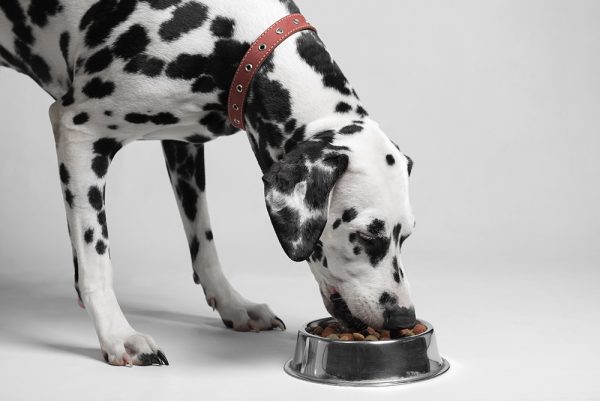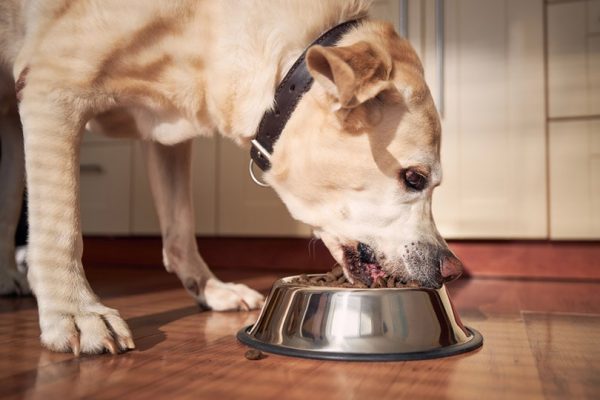Reverse sneezing is otherwise known as paroxysmal respiration. However, because that’s a mouthful to say, we most commonly refer to it as reverse sneezing. This is a very common condition in dogs that we can see occur for a number of reasons. For pet parents who have never witnessed a reverse sneezing event, it can appear fairly shocking. However, it’s typically a non-harmful, non-painful process that is self-limiting.

What Is Reverse Sneezing?
When you think of a regular sneeze, you think of forcefully expelling or pushing air out of your body. The air gets pushed out of your lungs, through your nose and mouth. Some sneezes are more forceful than others. In a reverse sneeze, instead of the air getting pushed out, your dog will “suck in” air through their mouth and nose. Sometimes your dog will appear as if they are out of breath, forcefully pulling air into their nose and making snorting noises at the same time. Typically, episodes of reverse sneezing will last from a few seconds to a minute or two.

What Are the Signs of a Reverse Sneeze?
When your dog reverse sneezes, often they will just stand there and start to make snorting noises. You may notice your dog sucking air in through their nose and mouth, making snorting noises and appearing as if they are confused. It’s important to know that your dog should never lose consciousness during a reverse sneezing episode, should not turn cyanotic (blue skin or lips), or in any way be uncomfortable.
While your dog may appear confused as to why they are reverse sneezing, the behavior should be short and self-limiting, and should never be harmful. If you notice your dog appearing distressed, the episode is not self-limiting, your dog collapses, has pale and/or cyanotic gums, then they should be seen by a veterinarian immediately for care.
Did you know you can speak to a veterinarian without having to travel? Just head over to PangoVet. It's our online service where you can talk to a vet online and get the advice you need for your pet — all at an affordable price!

What Are the Causes of a Reverse Sneeze?
The most common reason we’ll see a dog reverse sneeze is from nasal irritation. This could be from factors in the environment that cause us humans to become “stuffy” with nasal congestion such as allergies. This could mean pollen, grass, or different types of blooming plants that irritate your dog’s nasal cavity and nose. Other times an irritant may mean smoke, air fresheners, or even certain odors that irritate your dog.
However, it could also mean your dog inhaled a piece of grass, a plant awn, or other material into their nose. Sometimes the start of reverse sneezing is the start of your dog telling you that there is something stuck in their nose. In rare cases, some dogs may start to reverse sneeze because they have a growth or tumor in their nose that is triggering the event.
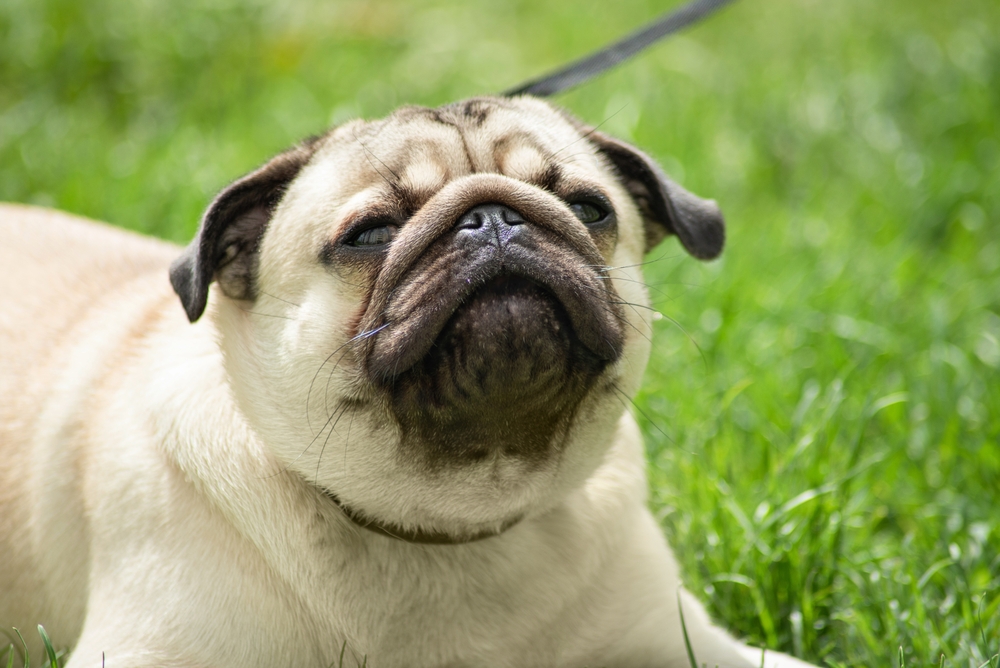
How Do I Care for a Dog That Is Reverse Sneezing?
In the moment, there is nothing you need to do for your dog while they are reverse sneezing. As mentioned above, reverse sneezing is a self-limiting event. In other words, your dog will stop sneezing on their own. As long as they do not lose consciousness and/or turn cyanotic, there is nothing you need to do – just wait for your dog to stop.
If your dog starts to reverse sneeze frequently – in other words multiple times a day and/or week, then you should make an appointment with a veterinarian. A veterinarian will likely go through a series of questions and an exam to help determine if your dog may be reverse sneezing from allergies. The veterinarian may also want to perform a sedated nasal exam or radiographs to help rule in/out other causes of the sneezing. Each case is different.

Frequently Asked Questions
Are There Treatments for Reverse Sneezing?
This depends on the cause. If your pet is suffering from allergies, then speak to a veterinarian about the best options for allergy-control in your dog. If your dog has inhaled grass or other foreign material, then a veterinarian may need to manually remove this. If it’s just an occasional occurrence, just like in people, then no treatment is needed.
What If My Dog Sneezes Blood?
If you notice that your dog is reverse sneezing and blood is coming from their nose and/or mouth, then you should make an appointment with your regular veterinarian. In mild, intermittent cases of sneezing, no blood should occur. However, we sometimes will see mild blood just from the force and trauma caused by the reverse sneezing. But more commonly, blood is an indication of something much more serious such as an infection, tumor, or foreign material in the airways.

Conclusion
Reverse sneezing is exactly what it sounds like – instead of your dog pushing or expelling air out of their nose, mouth, and airways, they actually pull or suck in air instead. While this can sound and look shocking, as dogs will often make aggressive snorting noises while doing it, it’s a harmless occurrence. Your dog may reverse sneeze due to the same reasons they can regularly sneeze – irritants in the airways, inhaled foreign material, infections, allergies, tumors, or even simply dust. Your dog should always quickly recover from these episodes, and they should be infrequent. If your dog appears in active distress, has any type of bleeding, and/or the events are occurring daily, then veterinary care should be sought out.
Featured Image Credit: RHIMAGE, Shutterstock
